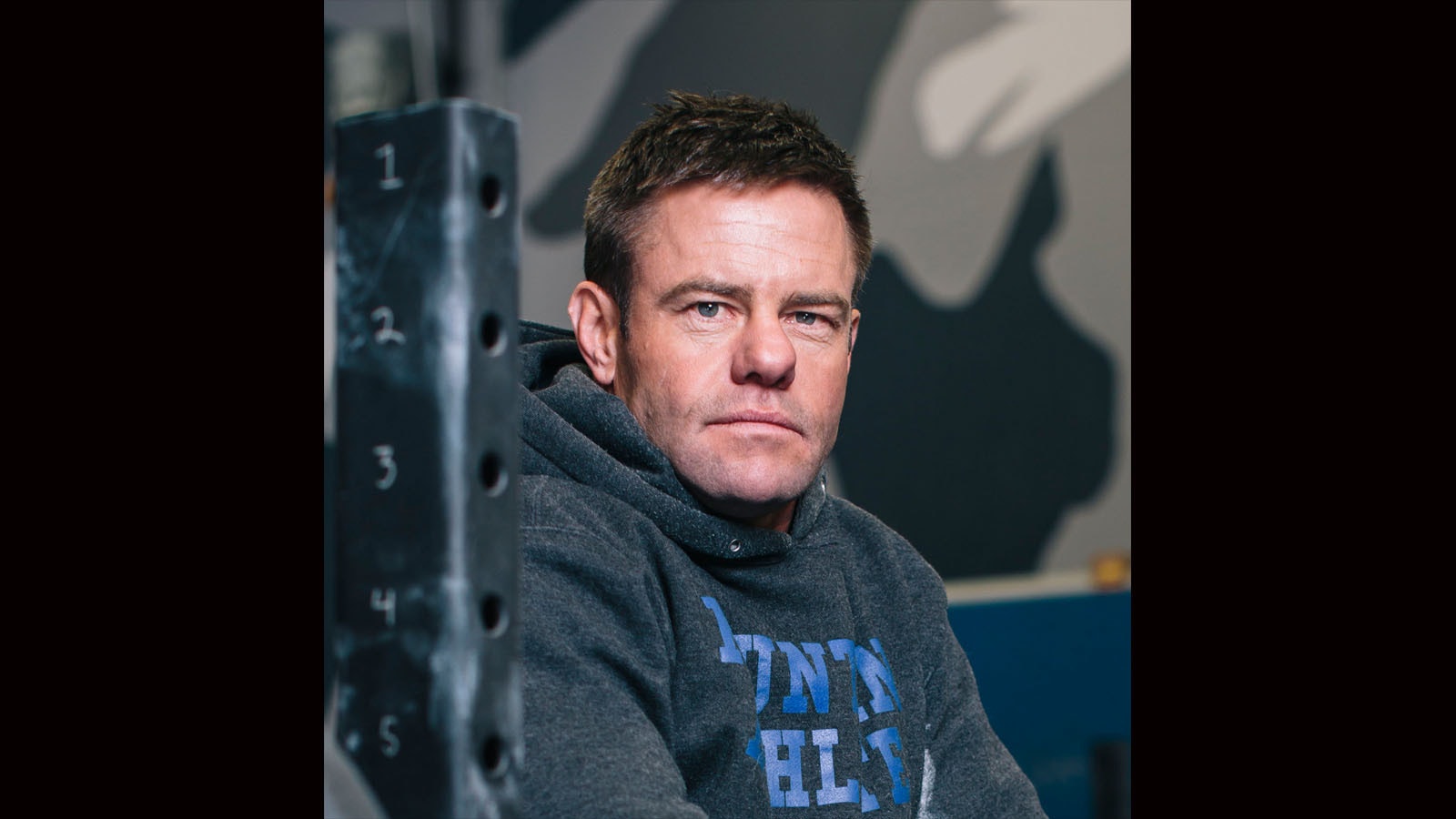By Rob Shaul, guest columnist
Rob Shaul is a 5th generation Wyomingite from Hoback. He’s the founder of Mountain Pursuit and 307Hunter.com
When the Wyoming G&F Department released the members of the new Wildlife Task Force in January, only one member was listed as an outfitter – Sy Gililand, owner of SNS Outfitters in Casper and President of the WYOGA.
The G&F press release is deliberately misleading.
In fact, the 18-member Task Force Membership includes 4 professional outfitters:
Sy Gililand, Owner of S&S Outfitters, President WYOGA
Duaine Hagen, Owner of Fiddleback Ranch, LLC and member of the WYOGA. Hagen was identified as a “land owner” by the G&F.
Lee Livingston – Owner of Livingston Outfitting, and Board Member of the WYOGA. Livinston was listed as a “County Commissioner” by the G&F.
Peter Dube, is listed as the Owner/Contact for Bear Track Outfitters at gohunt.com, and on his linkedIn profile. Dube is also a rancher – and owns the Dube Ranch in Buffalo – so we can assume he’s a member of the Wyoming Stockgrowers Association. Dube is the current Chairman of the G&F Commission – and was directly involved in naming the Task Force membership.
The G&F announced the new Taskforce last November the with the understanding that it would have a good cross-representation of stakeholders and study hunting issues such as licensing and preference points.
In March, Gililand and Livinston both testified against SF0103 before the Senate TRW Committee. SF0103 would have reduced the number of limited quota big game tags going to nonresident hunters, and increased the G&F funding by $8 mill/year through nonresident hunter license fee increases.
Wyoming is by far the most generous western state when it comes to giving nonresident hunters limited quota big game tags and for several years, a group of us resident hunters have been fighting to get this changed through the legislature.
SF0103 failed to make it out of the committee after Outfitter, Stockgrowers and Lodging Industry lobbyists testified against it.
In addition to the four outfitters, at least two more Taskforce members lease hunting rights to outfitters:
Jaimie Flitner, Diamond Tail Ranch in Shell, leases hunting rights to Tangle Ridge Outfitters according to Guidefitters, and gohunt.com.
Ogden Driskill, Campstool Ranch in Crook County, leases to guides, and also owns the KOA in Devil’s Tower (lodging industry).
Further, Driskill is a lifetime Board Member of the Wyoming Stockgrowers Association. As a State Senator he voted against increasing tags for resident hunters in 2020. It’s safe to assume that Flitner is also a member of the Stockgrowers.
Taskforce member, Albert Sommers, yet another rancher, is a future Stockgrowers Board Member, and State Rep. from Sublette County. In 2019 he told me personally,”I will never vote against the outfitters.”
Taskforce member Liisa Anselmi-Dalton owns a motel in Sweetwater County (lodging industry), and lost her seat as a State Senator last fall, partially due to her vote against resident hunters in 2020.
So, adding these up, we’ve got four outfitters, three ranchers and one motel owner – 8 Total – on the 18-member Taskforce – already on the record against resident hunters.
But we’ve got members on our side, right?
Other than State Sen. Larry Hicks from Carbon County, I’m not hopeful.
Taskforce member Adam Teten, listed as a “sportsman,” ran the Right to Roam Podcast until mid-2019. Teten interviewed me in early 2019 about increasing Wyoming resident hunter limited quota tags, but then spiked the interview and never published it on his podcast. Why? Teten thought my stand fighting for resident hunters wouldn’t be received well by his nonresident hunter podcast audience. Don’t expect much fight from Teten.
Then there’s Josh Coursey, co-Founder of the Muley Fanatic Foundation (MFF). Coursey and MFF were instrumental in getting the Wildlife Conservation License Plate approved. The problem is that a huge source of MFF funding comes through donated G&F Commissioner Complimentary Licenses – over $300,000 between 2008 and 2018. Over the past 3 years alone, MFF been by far the largest recipient of Commissioner tags – ten in 2019, seven in 202 and eight in 2021 – or twenty-five in the last three years!
Most of these tags are sold/auctioned/raffled to nonresidents as limited quota elk tags and bring in $18,000-25,000. MFF has received $500,000 in funding from the sale of Commissioner Tags since 2019 – it’s a mini-Game & Fish Department!
Because MFF has become financially dependent on Commissioner Tags, Coursey has no incentive to stir things up by fighting for more tags for resident hunters. As well, eight of MFF’s fifteen chapters are located outside Wyoming – and it’s doubtful Coursey would do anything to hurt the tag-buying chances of MFF’s nonresident members.
Correspondingly, Coursey and MFF remained deafeningly silent when the hunting license bills came before the legislature.
According to the IRS, in 2918 Coursey and MFF co-founder, Joey Faigl, each paid themselves a salary of over $132,000 (Gov. Gordon makes $105K/year) So Coursey has a direct, personal, lucrative, financial interest in maintaining the status quo.
So where does that leave resident hunter representation on the Wildlife Task Force? Not in a strong position. Sen. Hicks will fight hard for us, but given the way the membership is stacked against resident hunters, it’s doubtful that any significant license change recommendations benefitting resident hunters will come out of the Taskforce.
Then there’s the timeline. The Taskforce won’t begin meeting until this summer, and has a 12-month run time. So even if by some miracle recommendations benefitting resident hunters do get traction, it will be 24 months before any changes could would be made.
Meanwhile, far too many priceless big game limited quota tags are going to nonresident hunters – which is good for the land-leasing ranchers, motel owners and the outfitters.
This is why we’ll continue to push for legislation – including another license bill for the 2022 session.





